
The first deer and bunnies to timidly approach your Eden are adorable real-life visions of Bambi and Thumper. The new homeowner’s universal response is to melt like butter, call the kids and then muscle the kids out of the way to get a picture.
A year later, a different universal response: bursting out the back door waving a meat cleaver and screaming like a lunatic to chase them off. That’s what having hundreds of dollars of hostas devoured and your saplings mangled will do to a previously sane person.
I’d say bring on some bears and cougars to knock the population down, but then we’d have bears and cougars lurking around with agendas of their own. With wildlife, you see, it’s a case of being careful what you wish for.
This story is from the {{IssueName}} edition of {{MagazineName}}.
Start your 7-day Magzter GOLD free trial to access thousands of curated premium stories, and 9,000+ magazines and newspapers.
Already a subscriber ? Sign In
This story is from the {{IssueName}} edition of {{MagazineName}}.
Start your 7-day Magzter GOLD free trial to access thousands of curated premium stories, and 9,000+ magazines and newspapers.
Already a subscriber? Sign In

Pot It Up
Shake up the containergarden with theseNorth America –native perennials
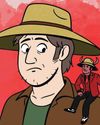
THE GARDEN PATH TO PERDITION
I WAS CRUISING RIGHT ALONG, feeling okay about myself, when I came across a list of the Seven Deadly Sins.
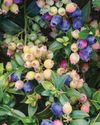
A Productive PATIO
Tiny fruit, vegetable and herb plants help gardeners maximize any sort of growing space
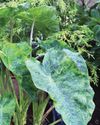
TROPICAL FUSION
A FUSS-FREE APPROACH TO USING BOLD TROPICAL PLANTS IN ANY TEMPERATE GARDEN

WINTER READING
Pass the time with any of these inspiring books
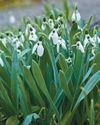
SENSING A PATTERN
Greg Coppa reflects on an odd weather year and what continued warming may mean for his Rhode Island garden
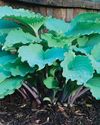
TOP-PRIZE PERENNIALS
A foliage masterpiece for shade and a late bloomer for sun

MARK WESSEL
What's new for fruit and vegetable gardeners?
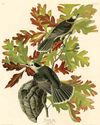
KINGS OF THE NORTHERN FORESTS
A look at the trees, shrubs and perennial plants that bolster life in Ecoregion 5
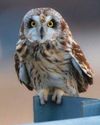
PROJECT FEEDERWATCH
Gardeners can help scientists know just where the birds are in winter